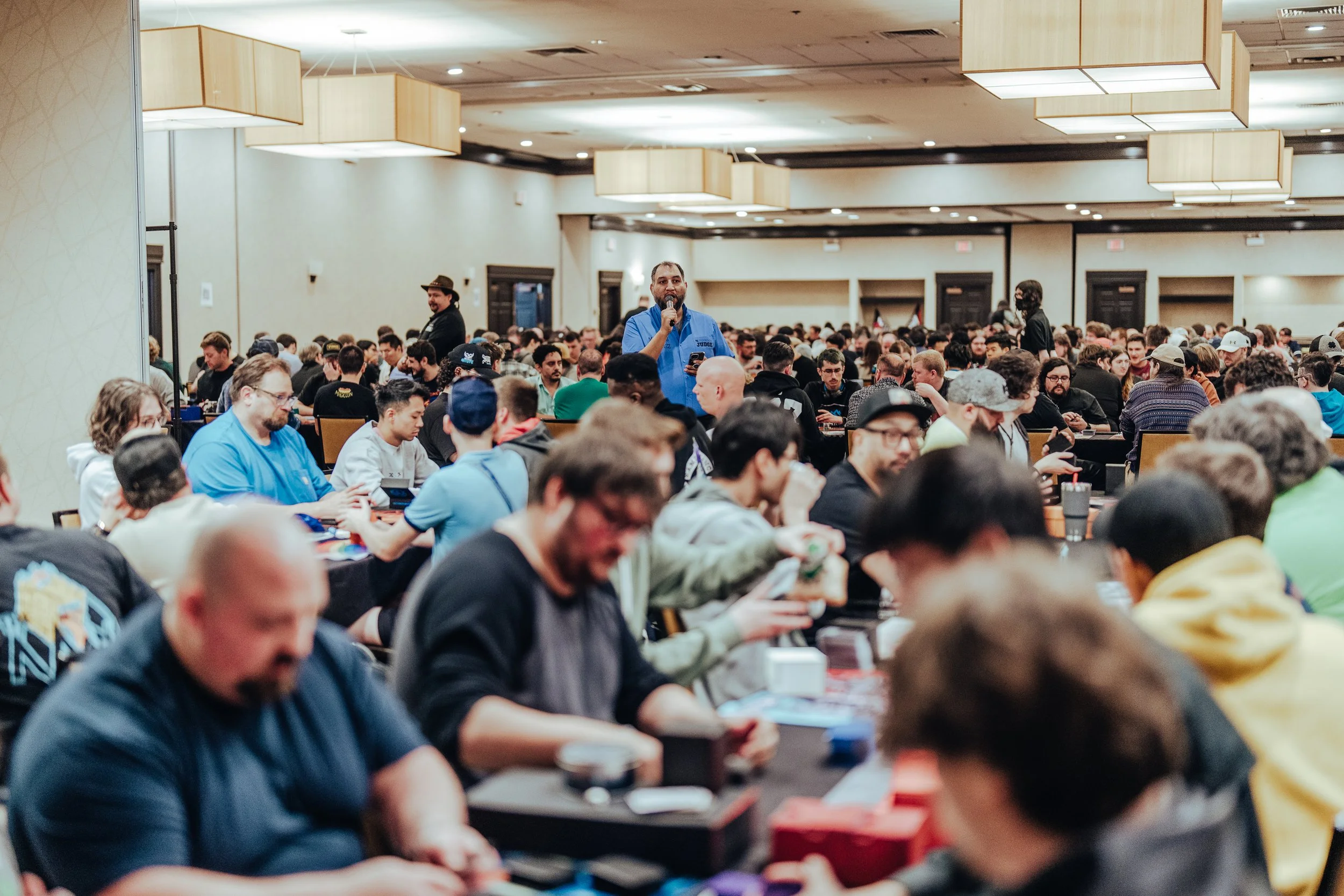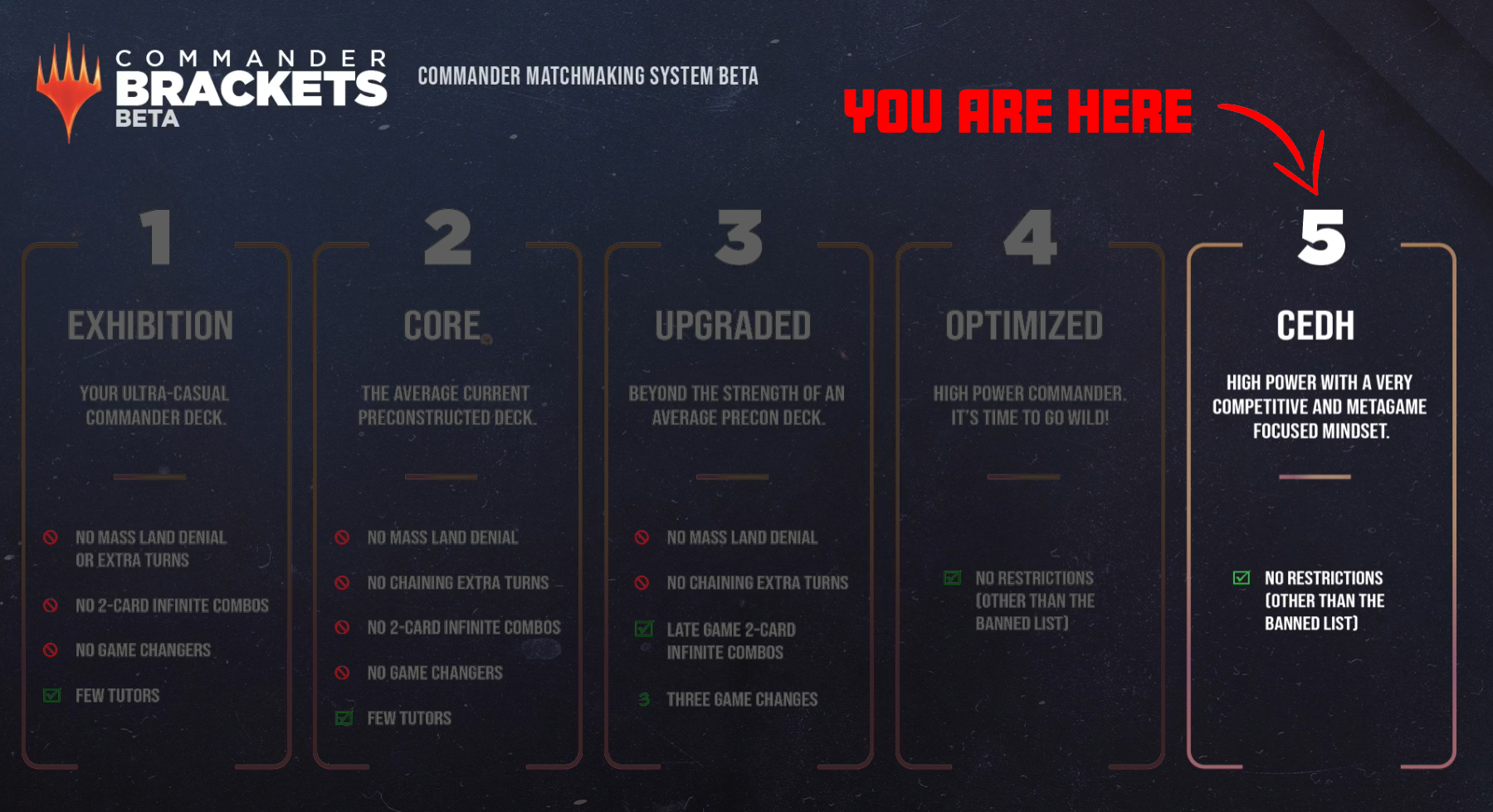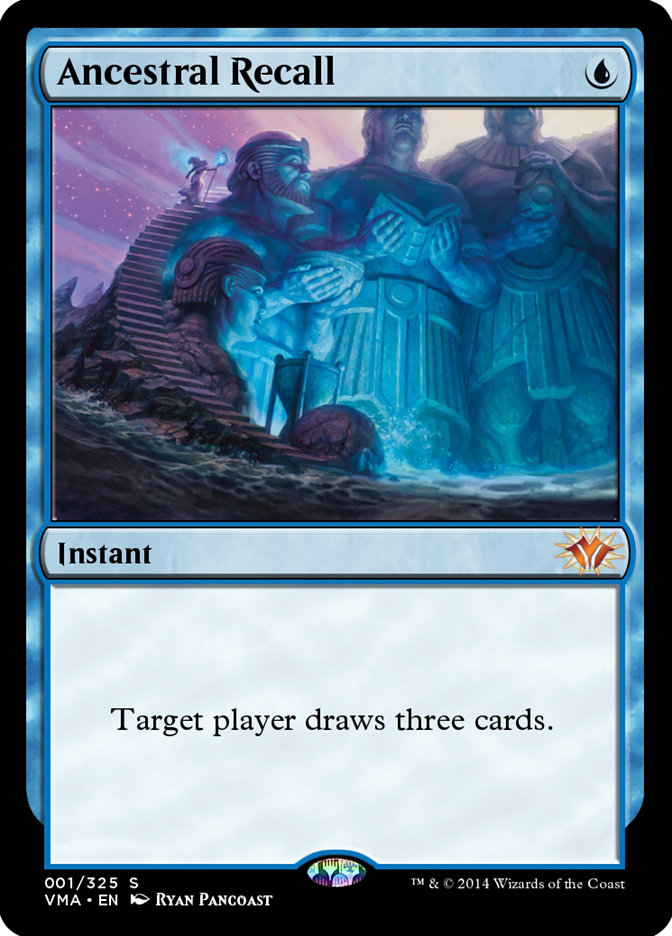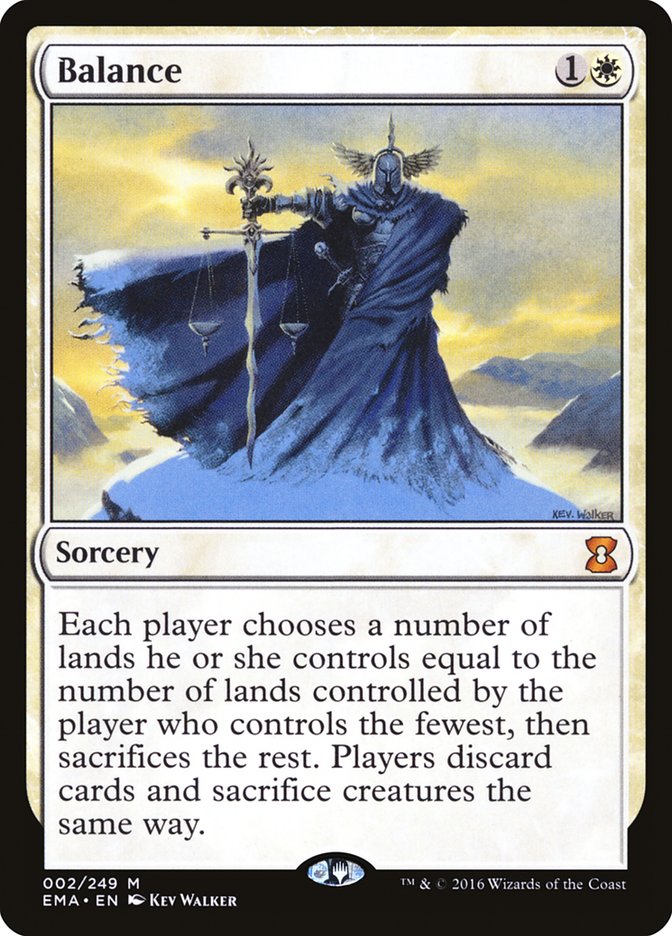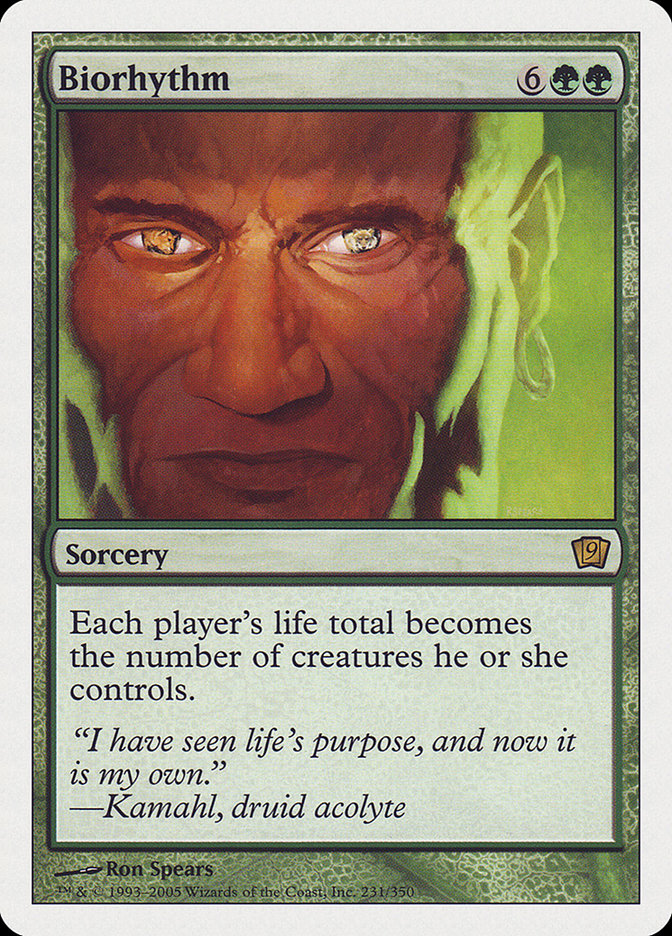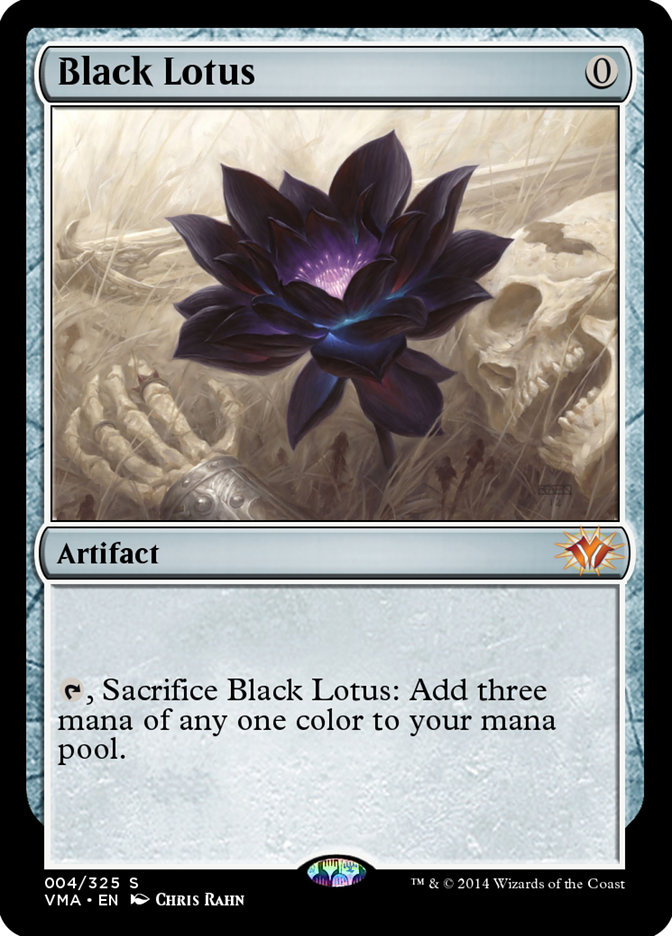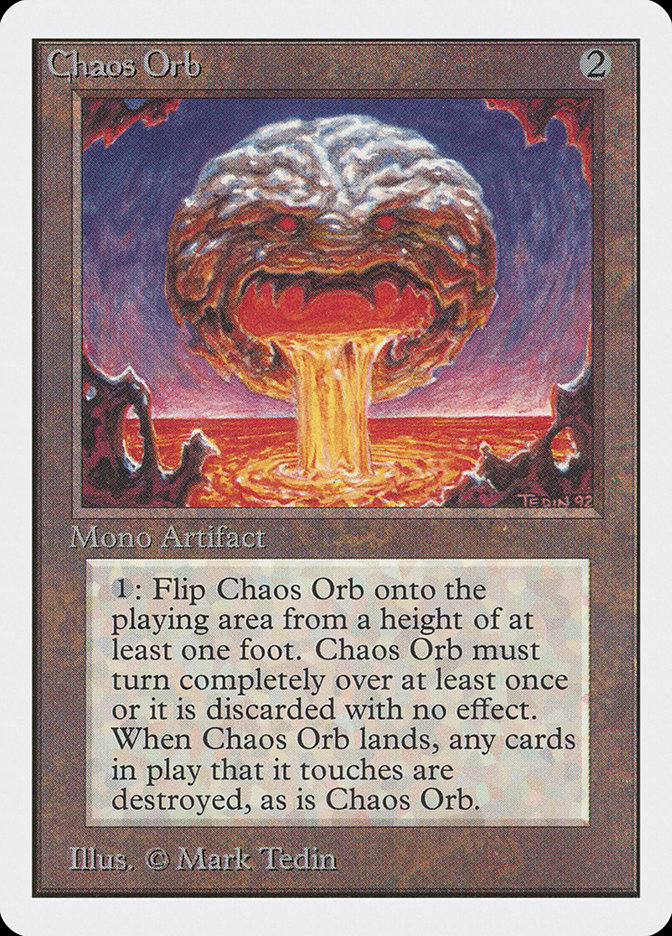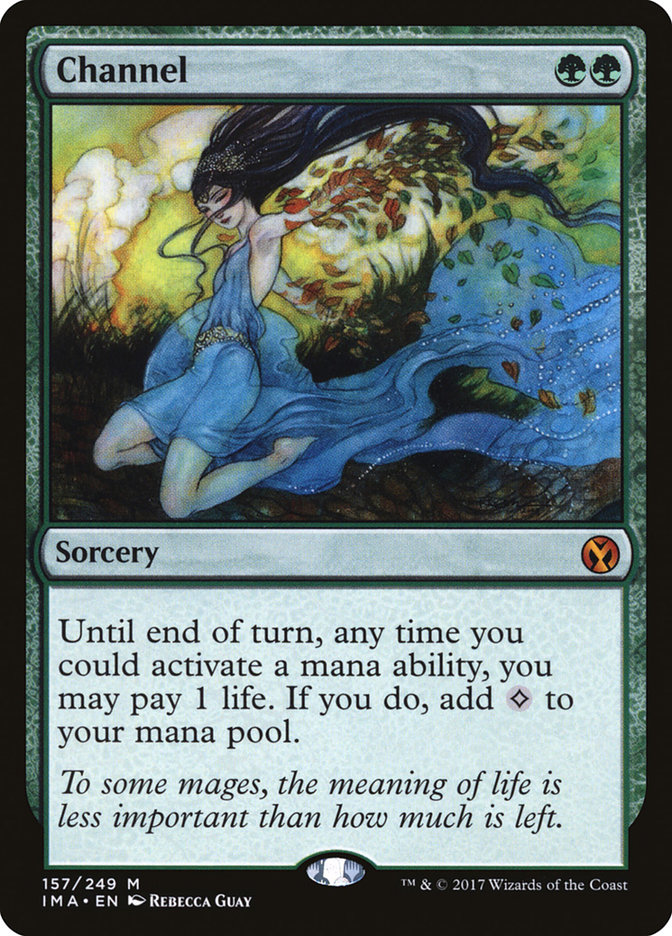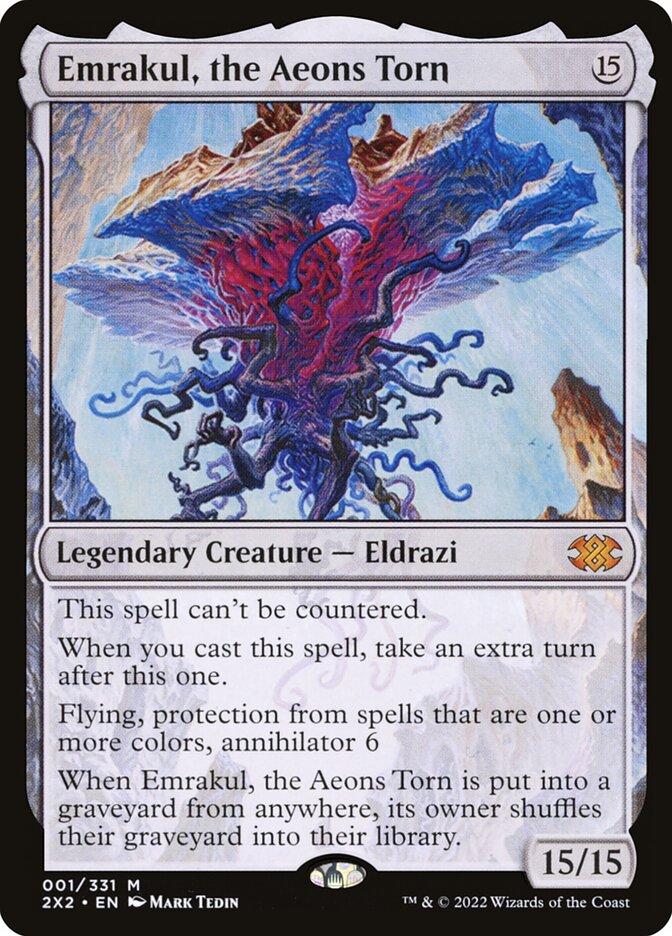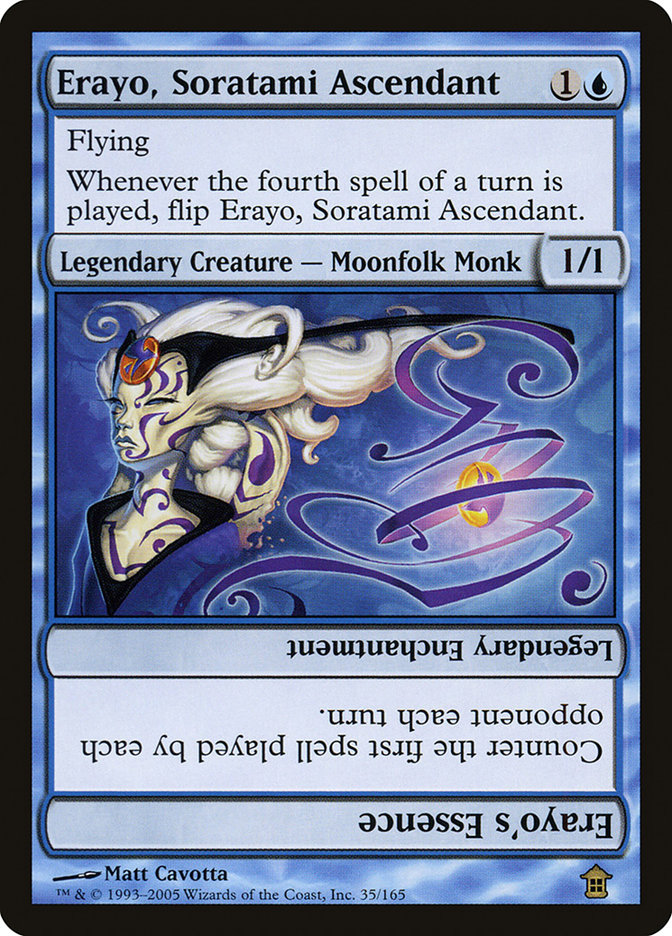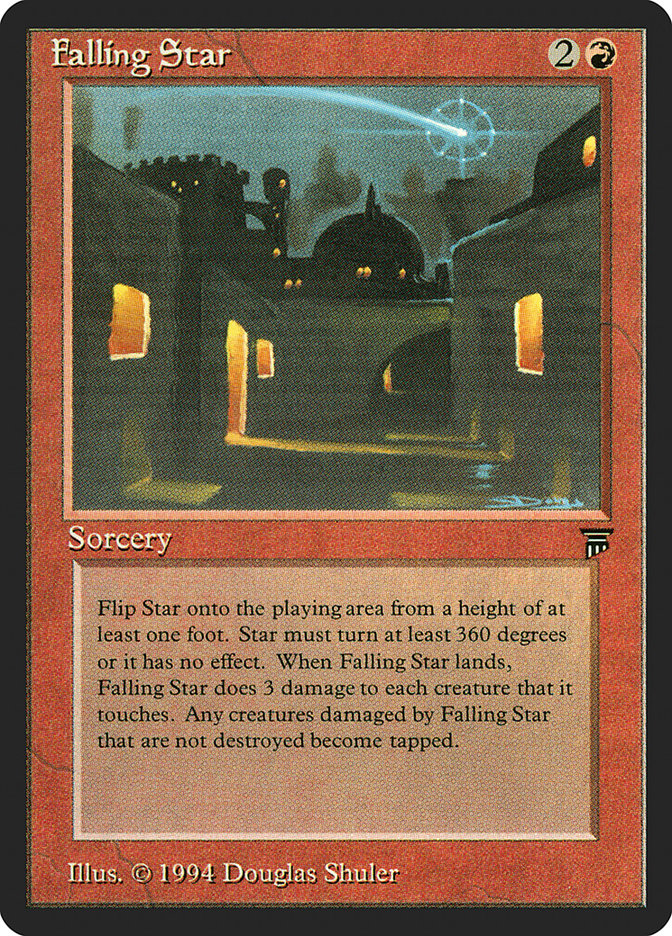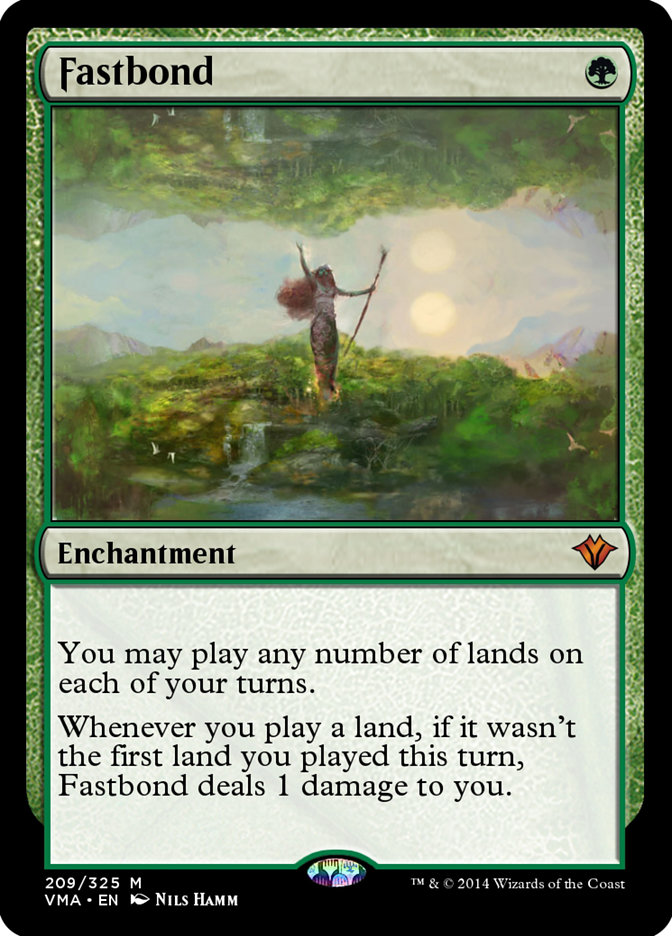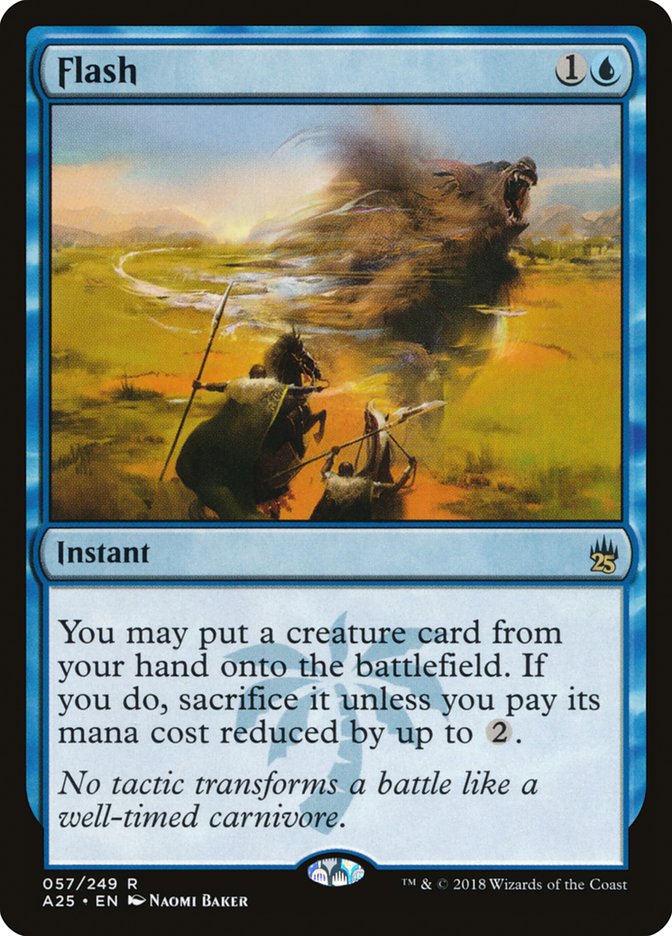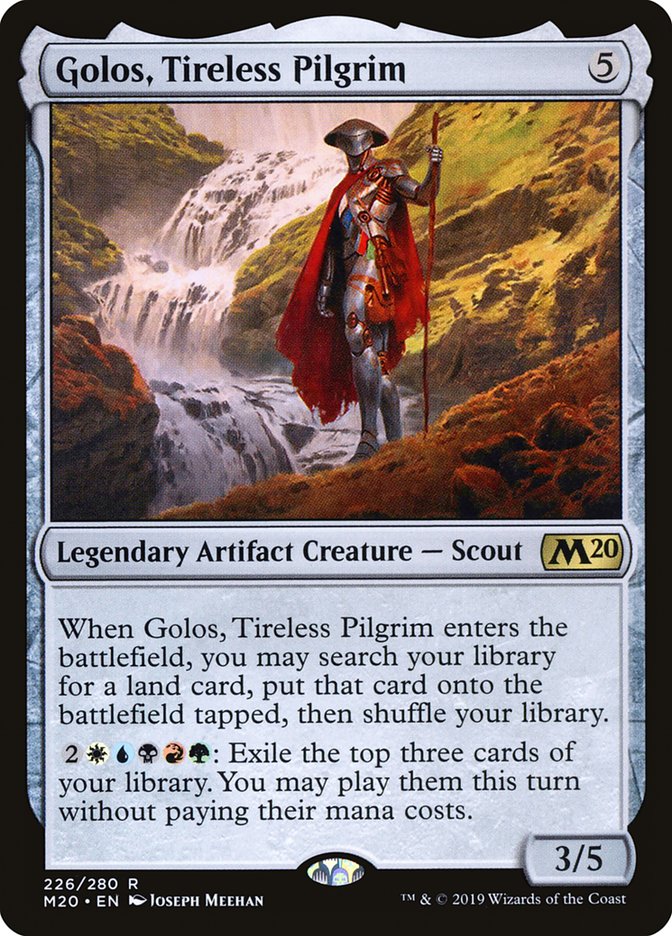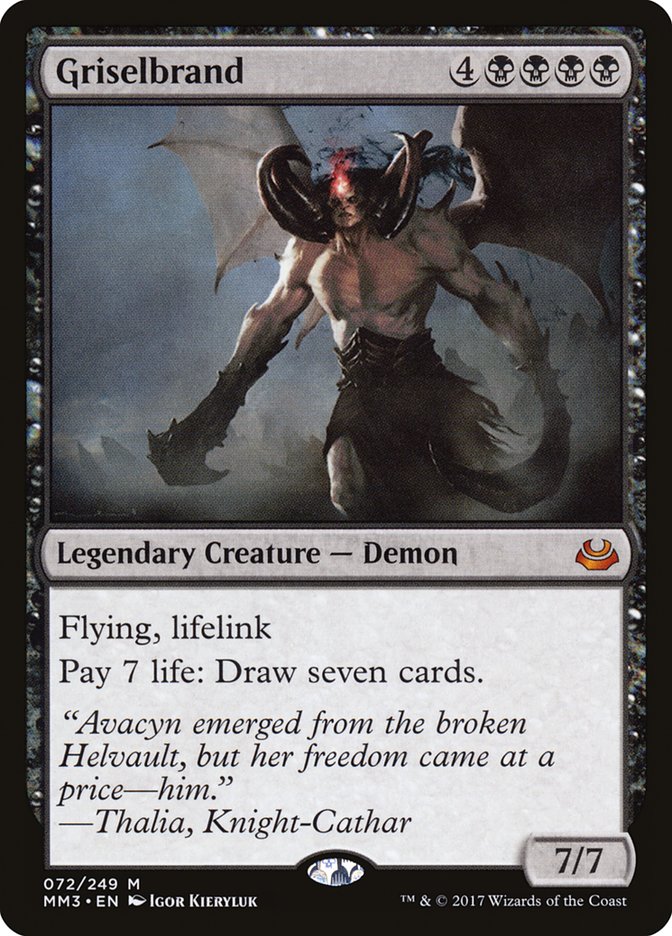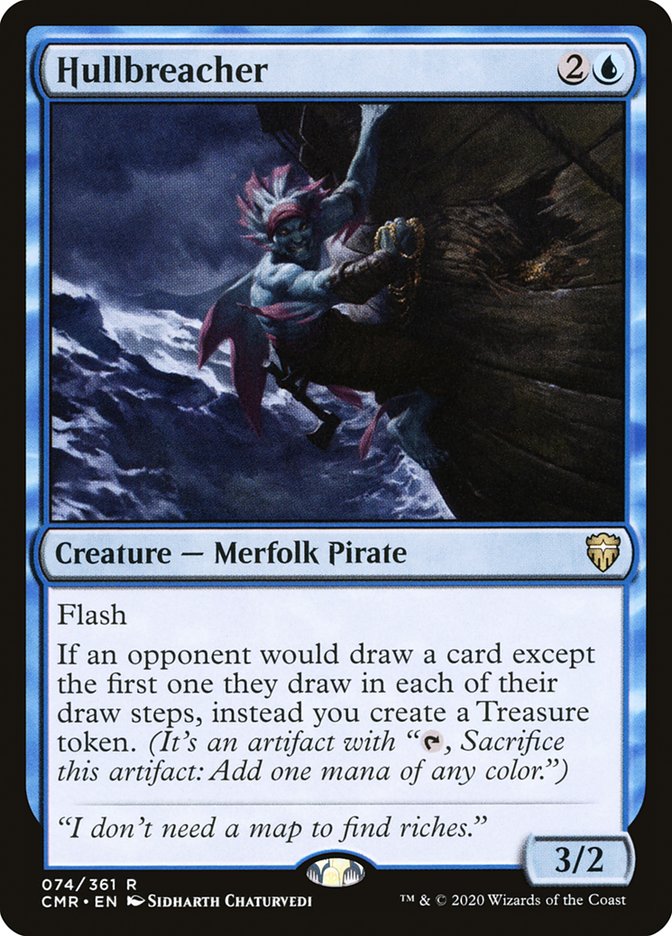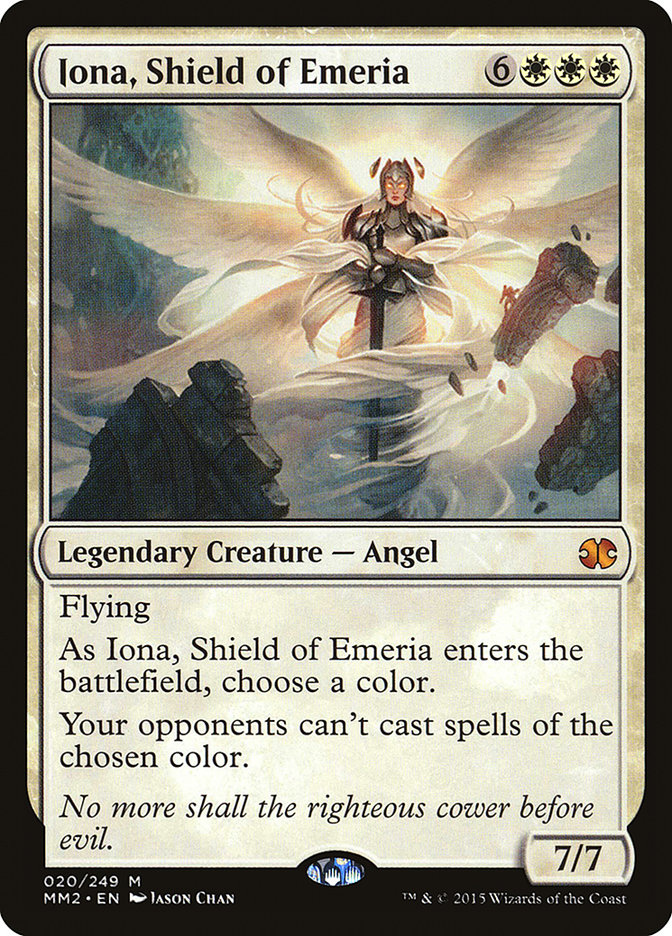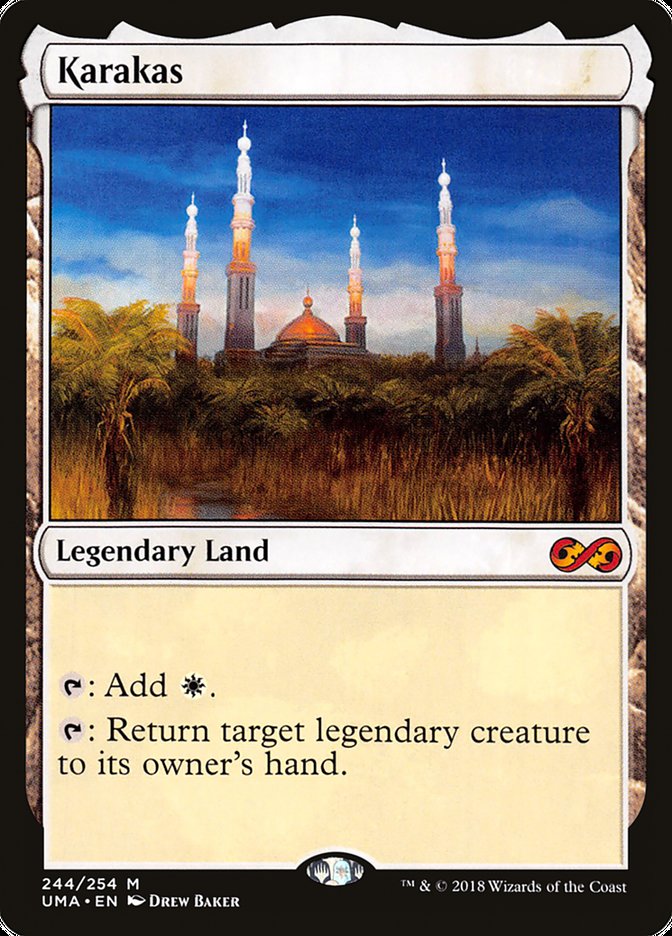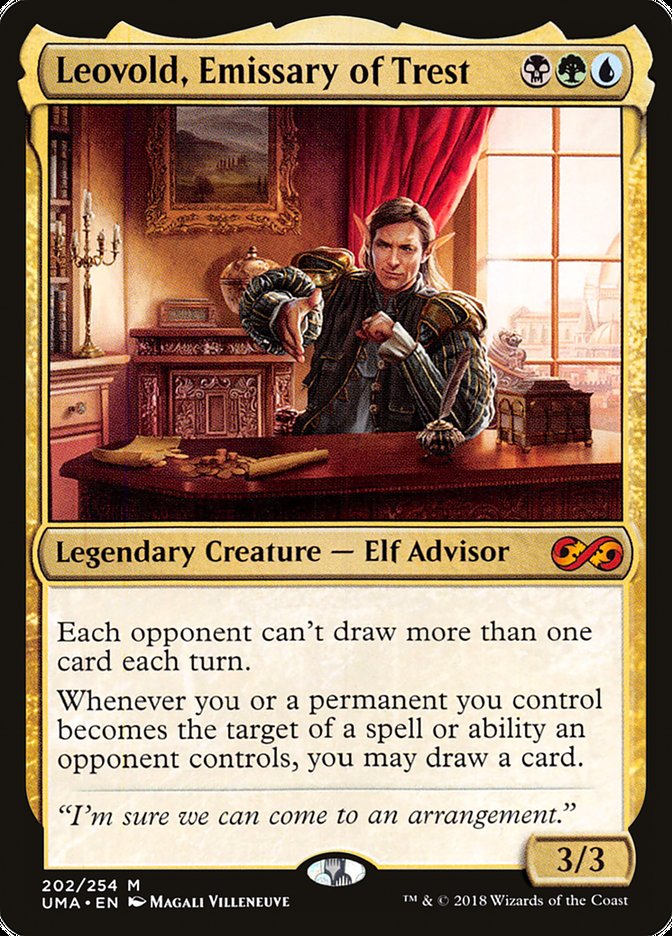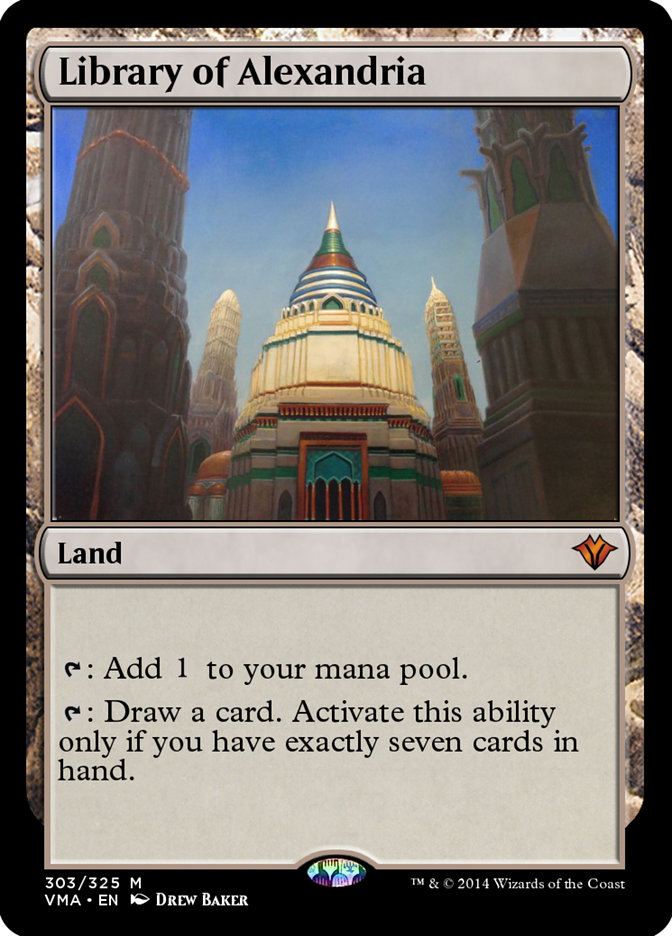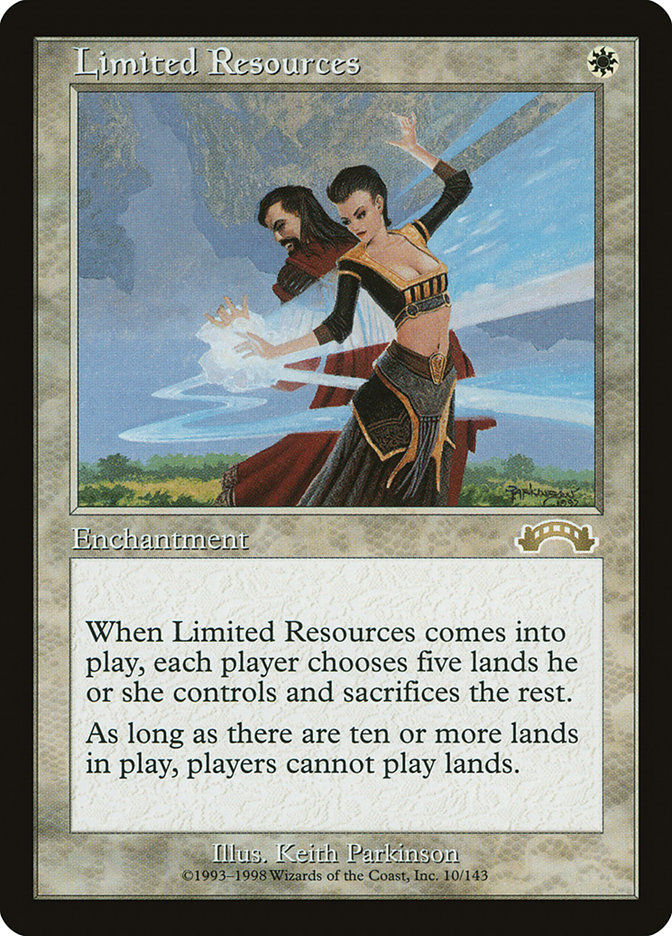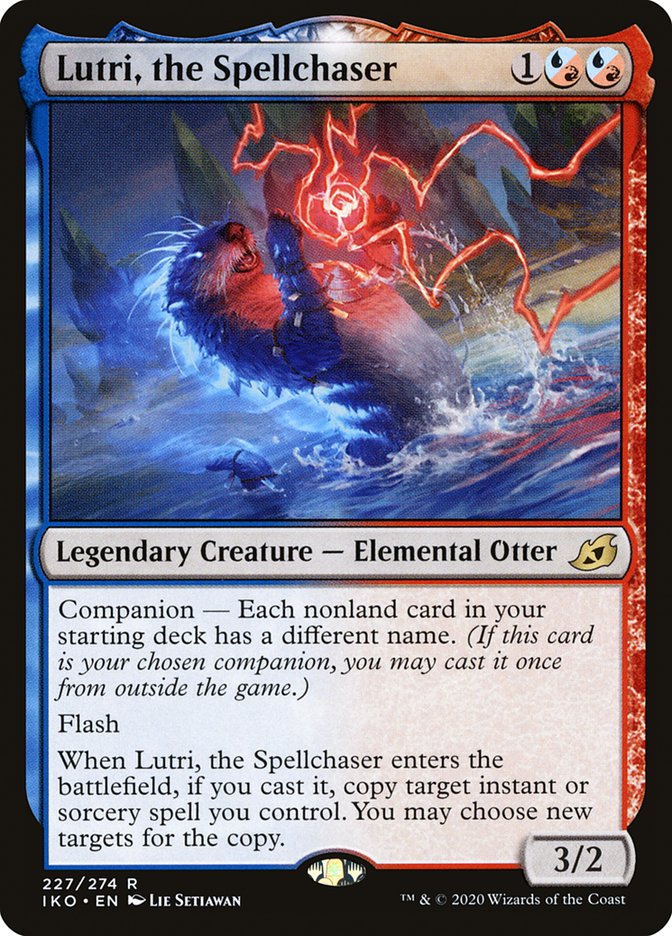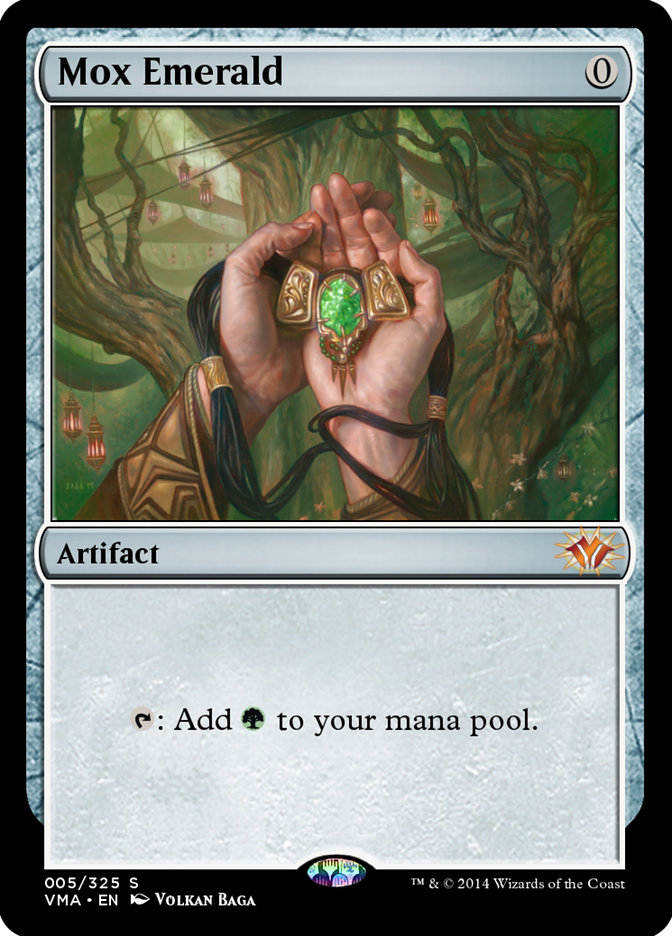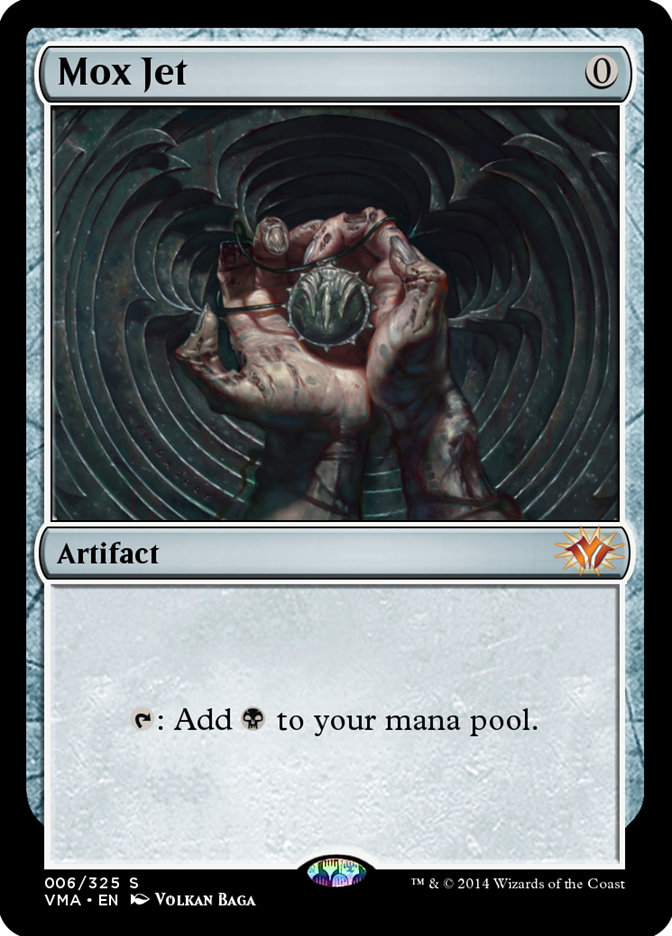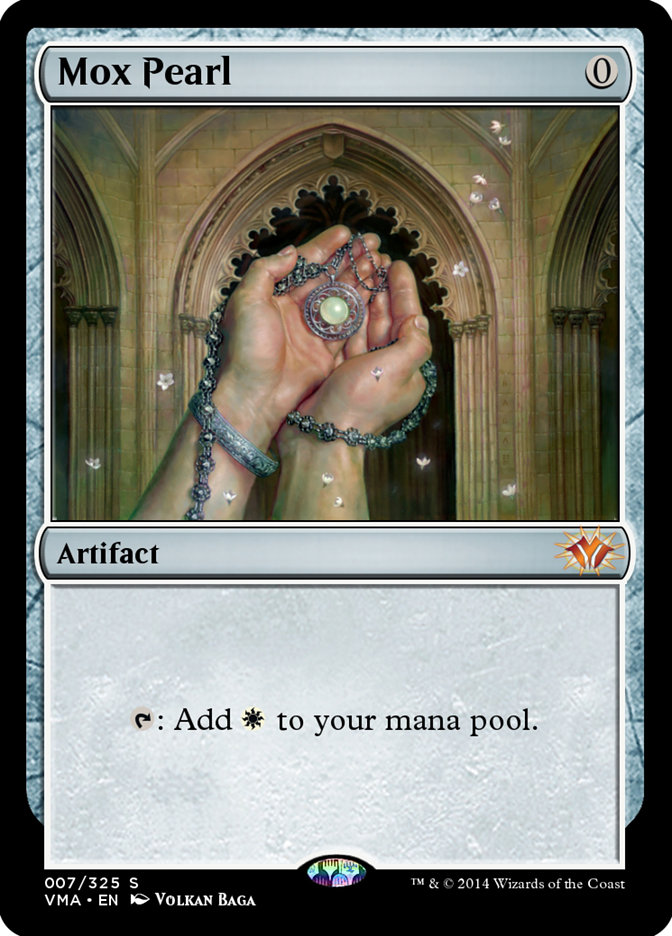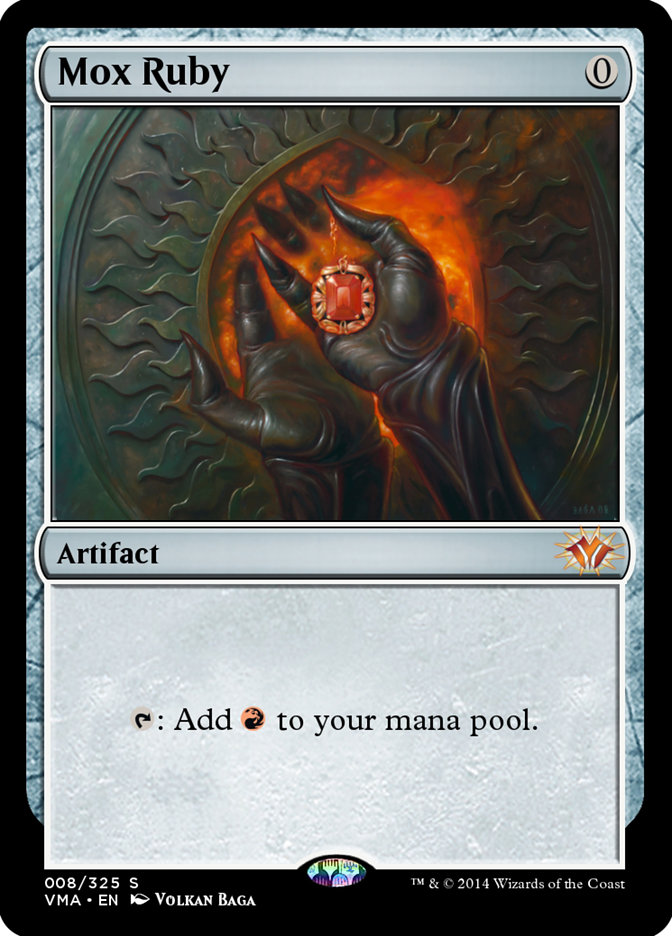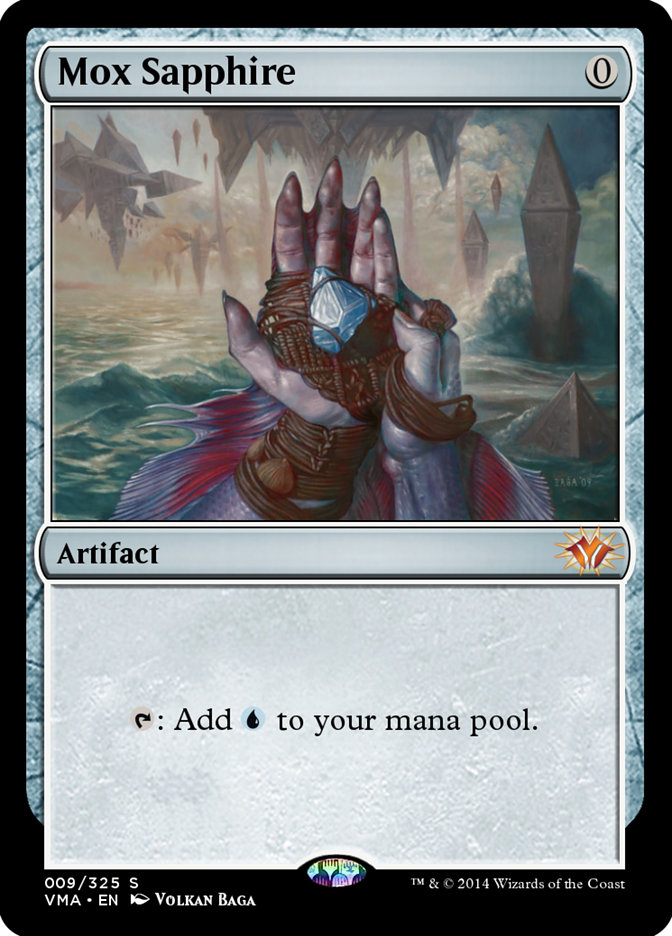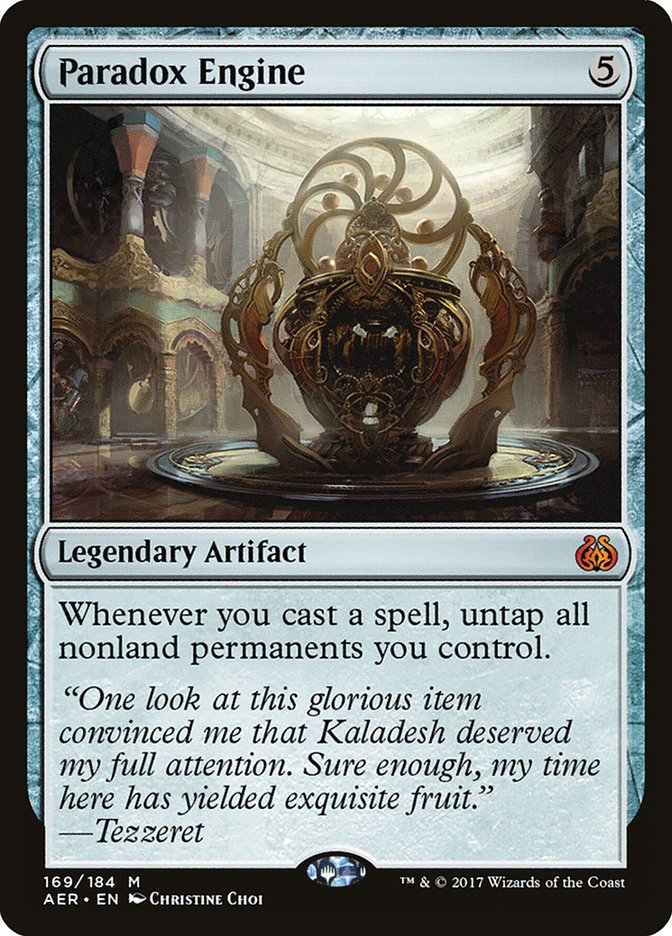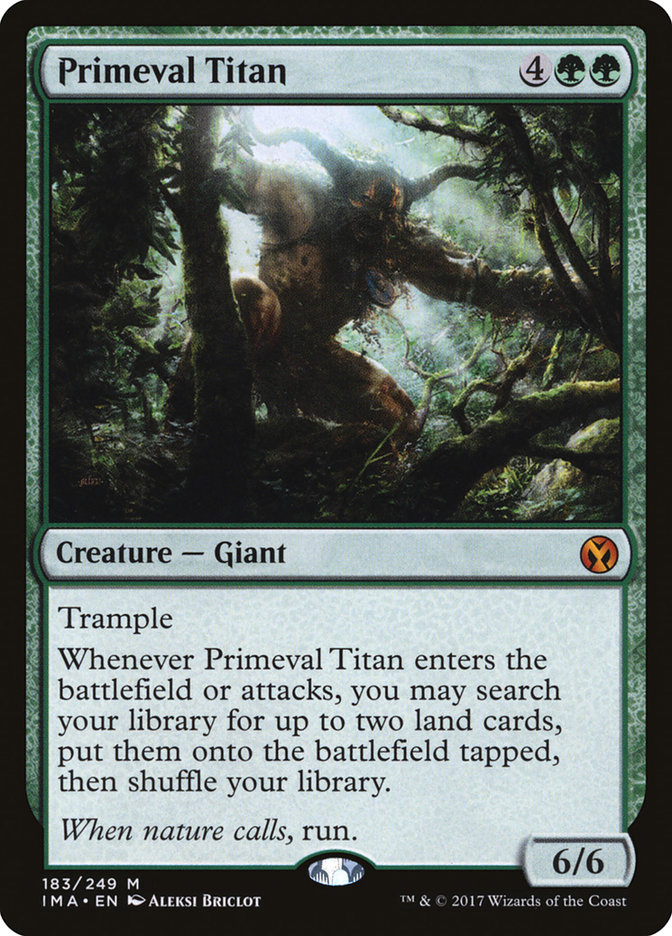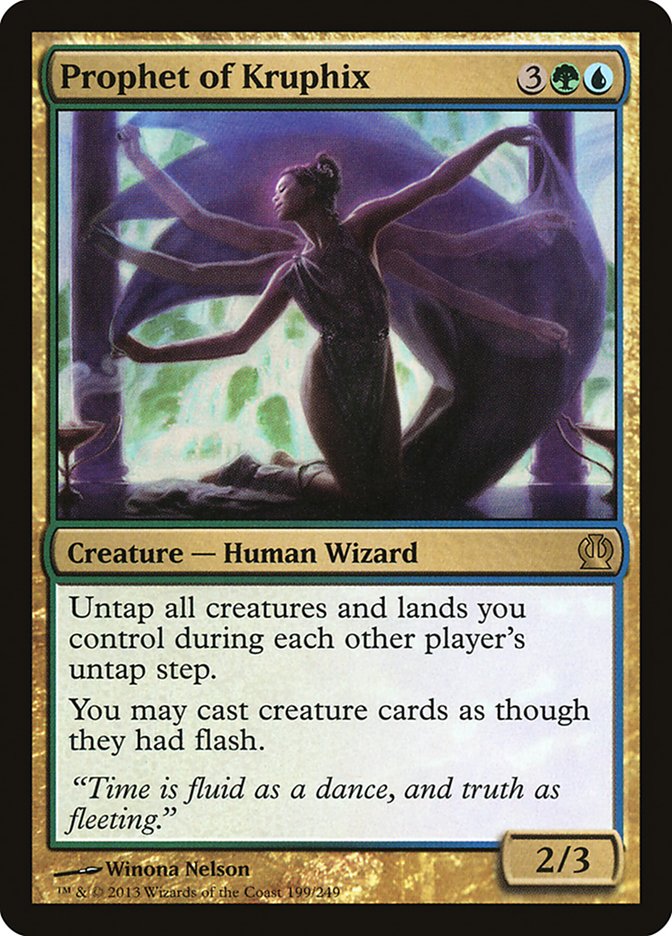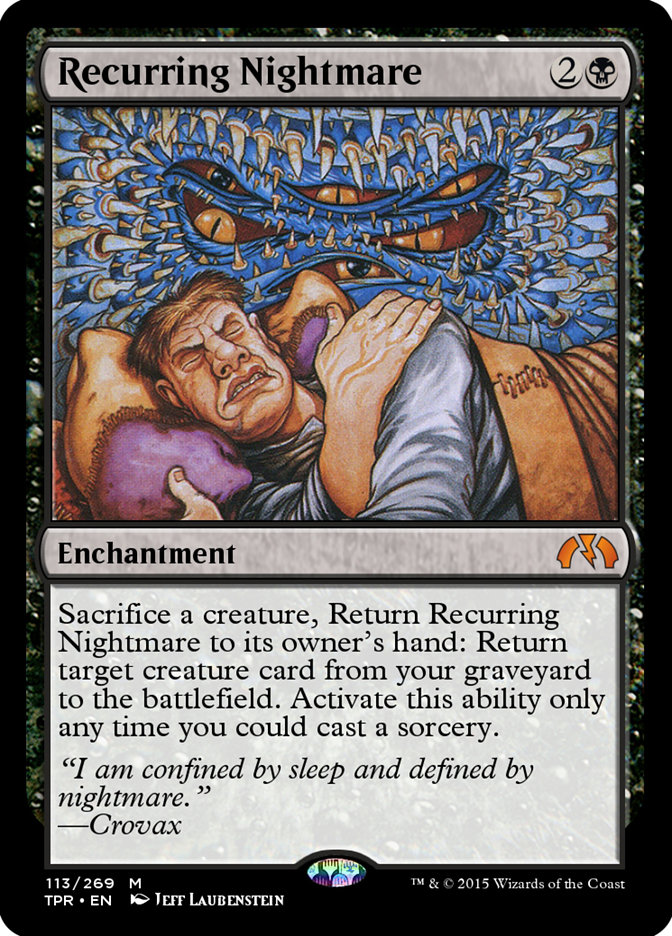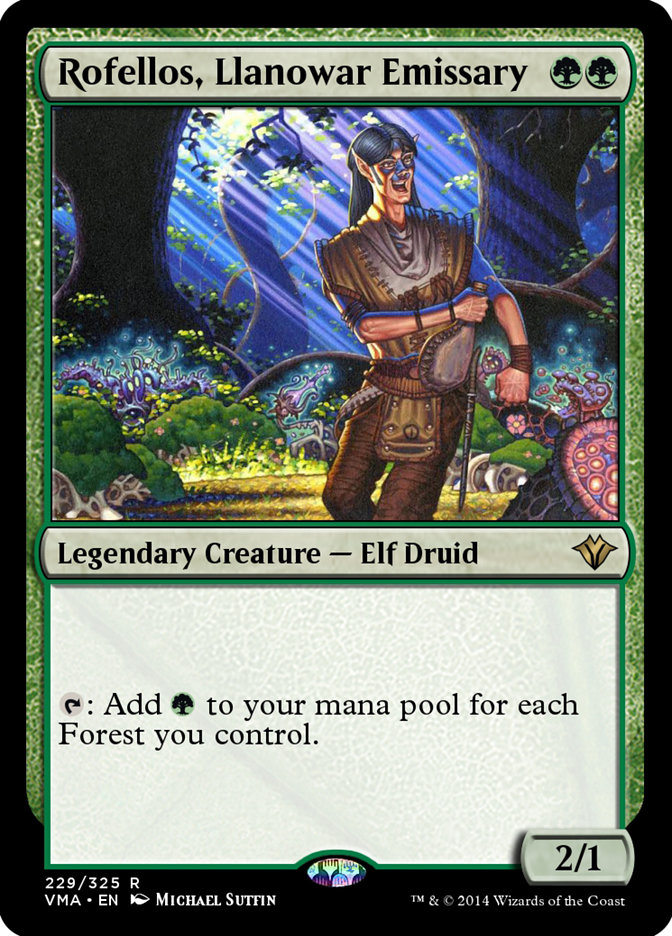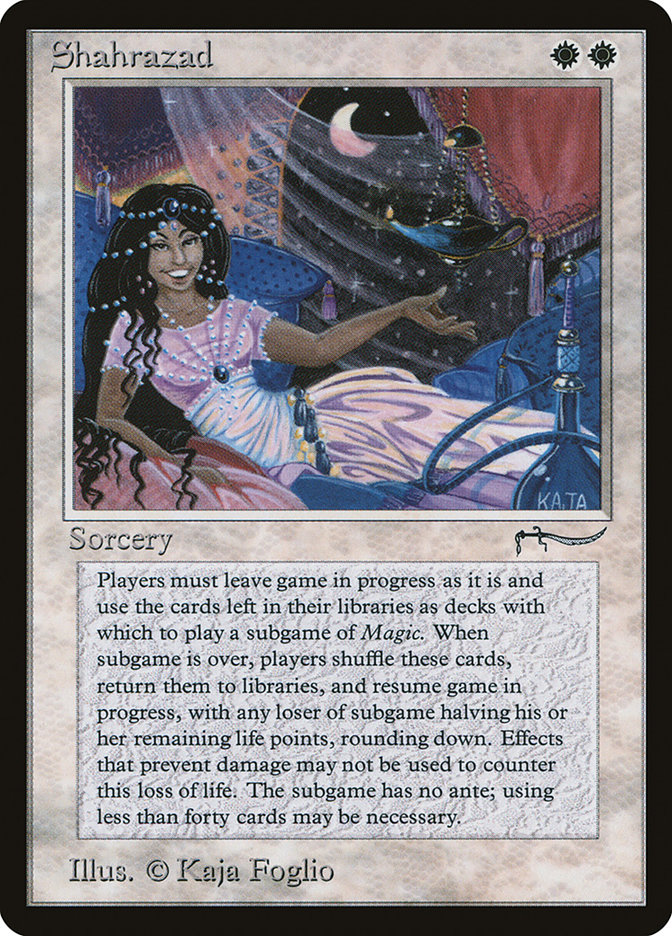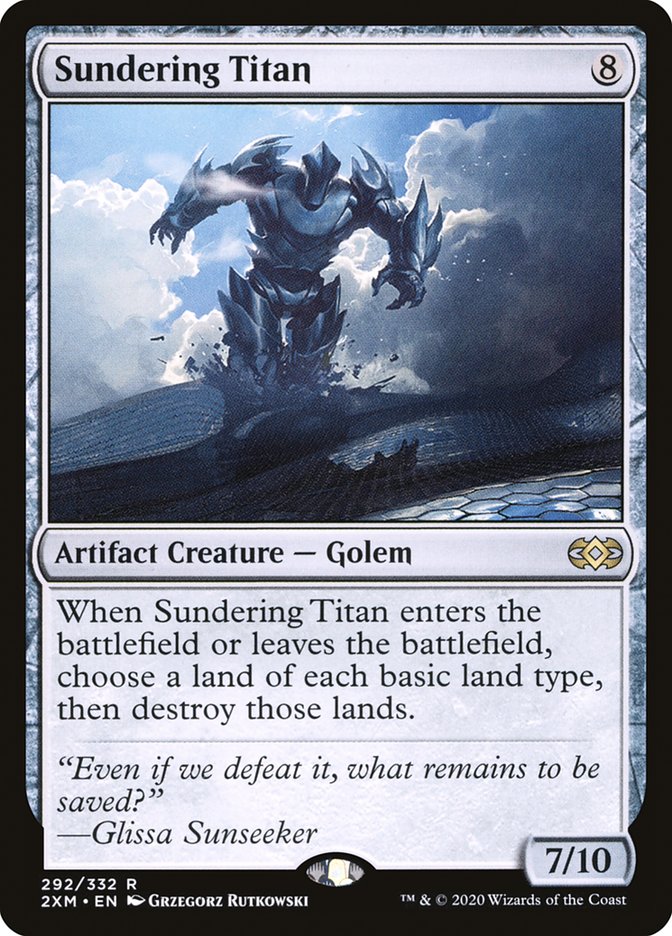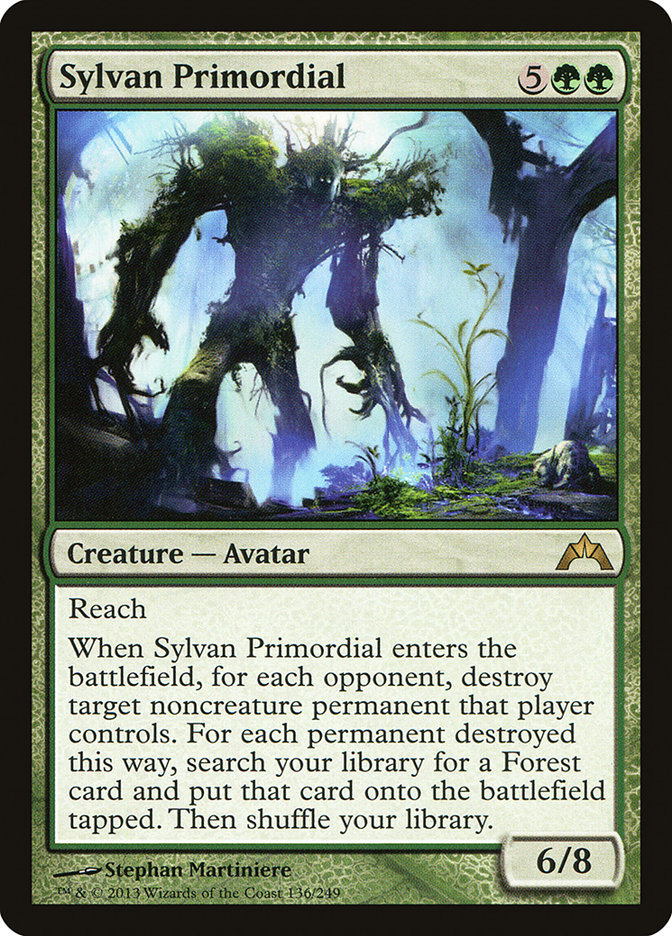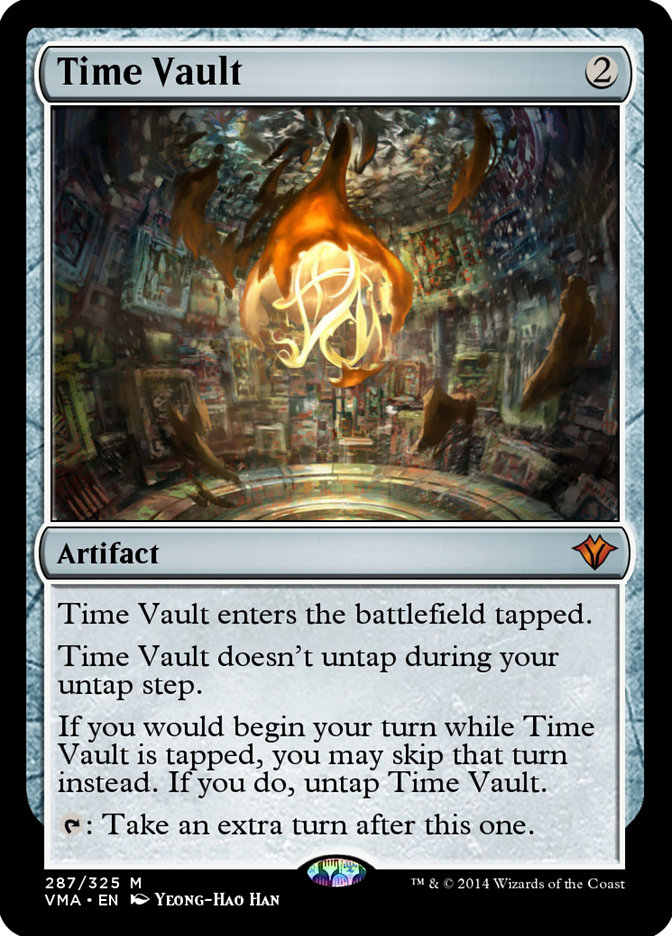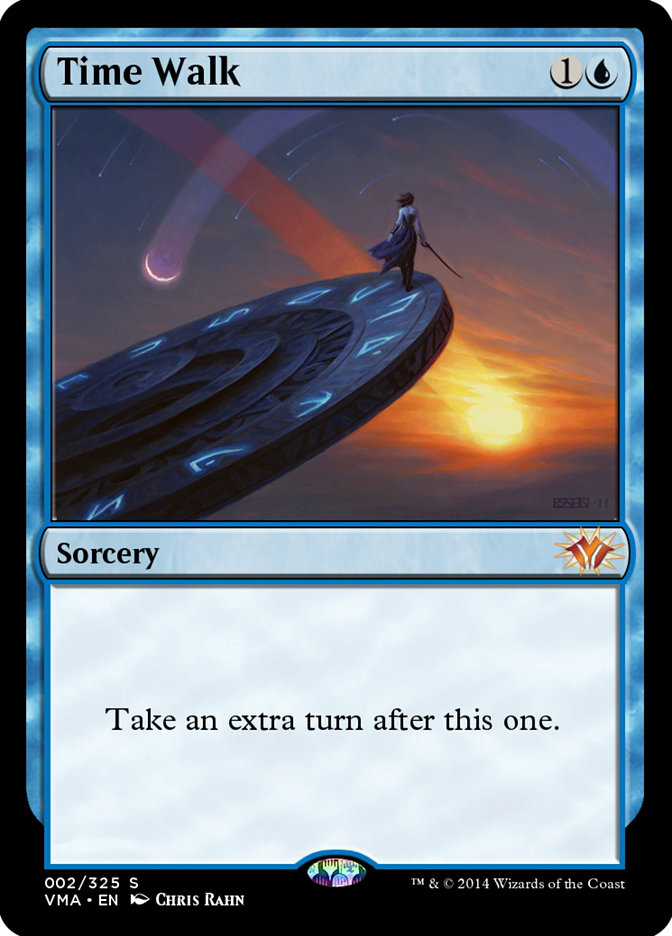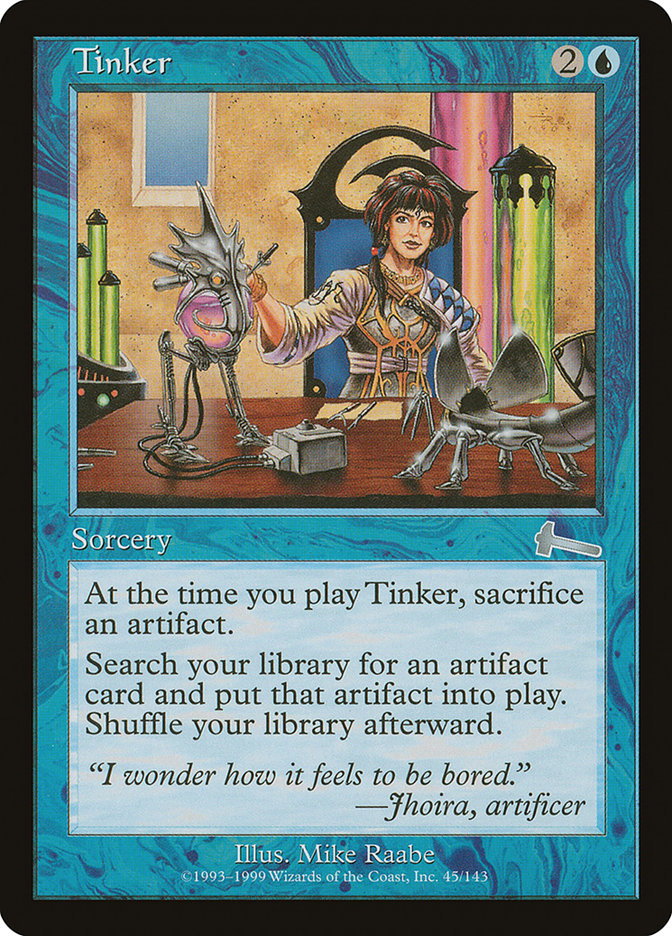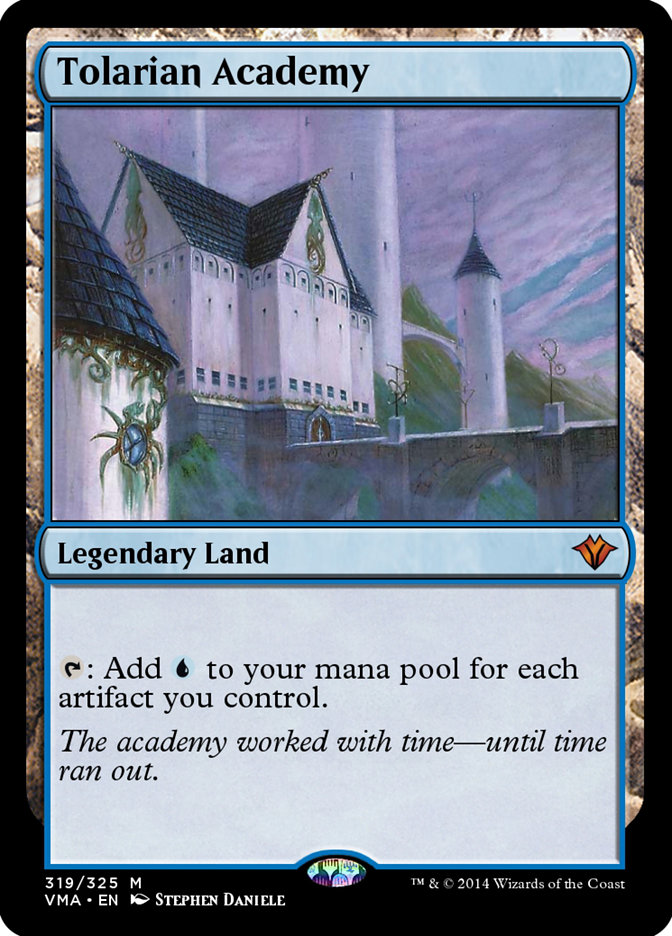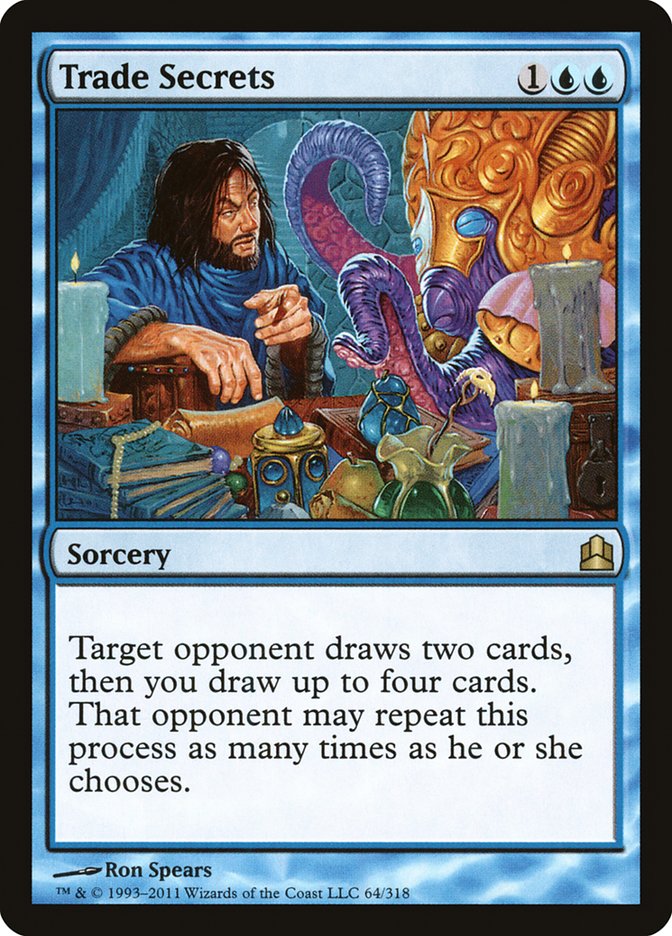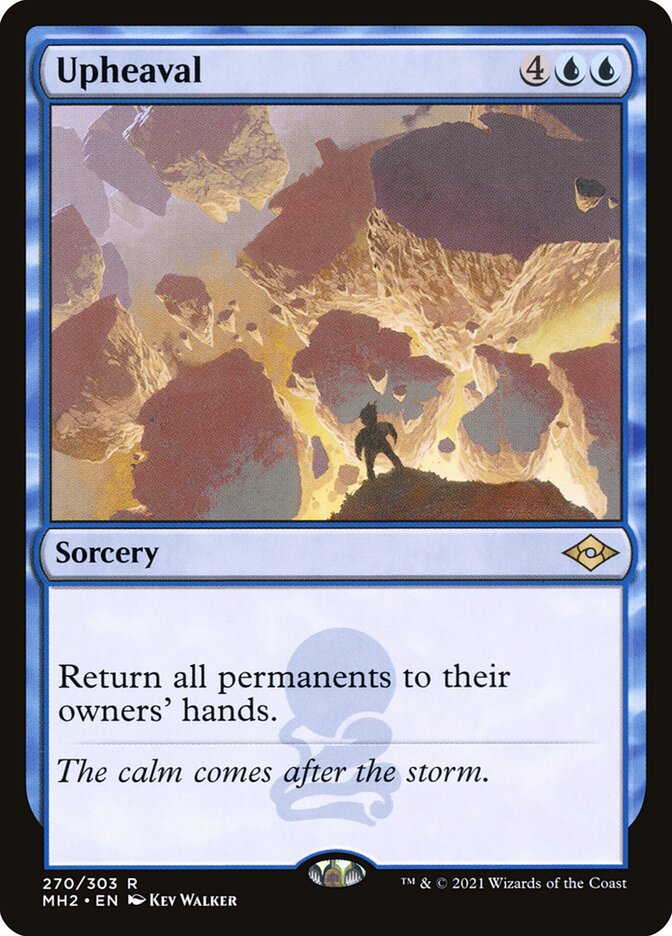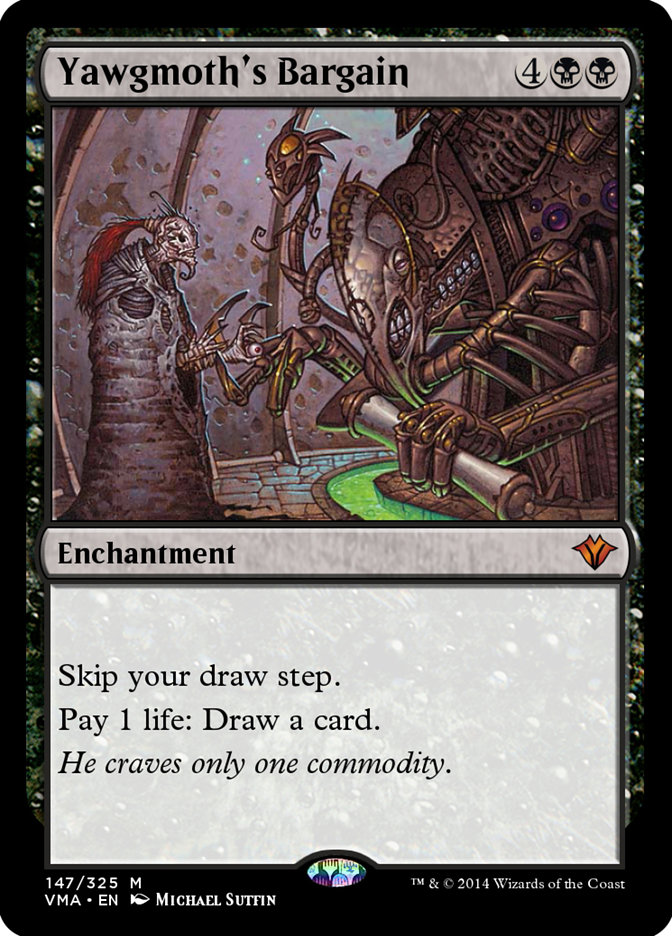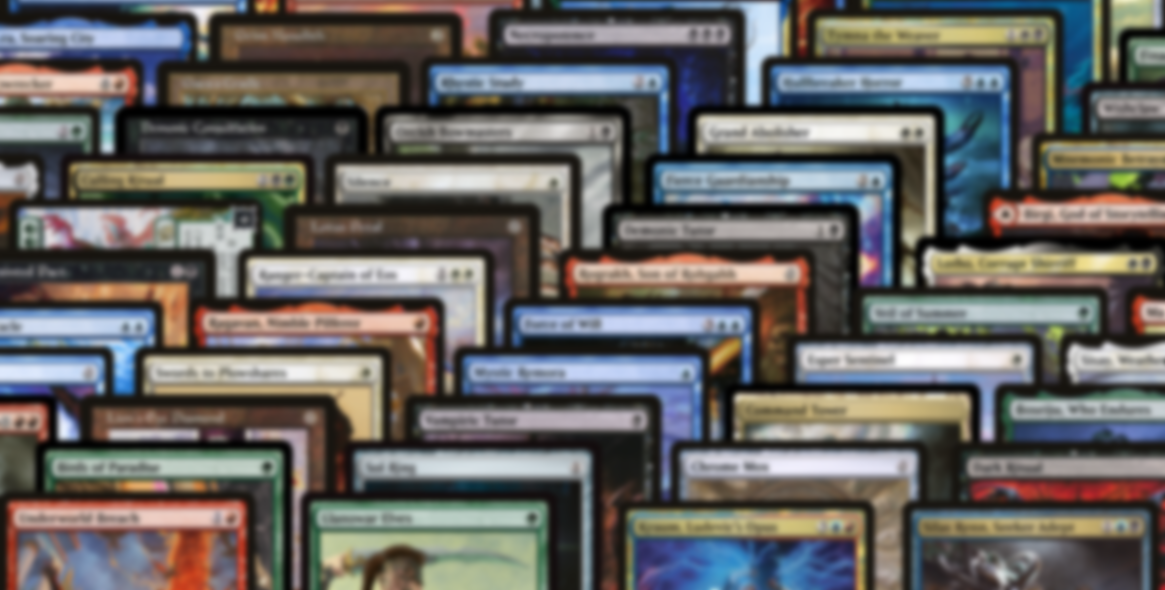
What is cEDH?
Competitive Elder Dragon Highlander (cEDH) is highly optimized EDH, a multiplayer Magic: The Gathering format where players build decks and execute precise strategies to win efficiently within a strict 100-card singleton framework, leveraging powerful synergies, fast mana, and efficient interaction.
Deck Size
100 cards
Colors
Based on Commander
Philosophy
Play to Win
Why Play cEDH?
Competitive EDH offers a unique experience for players who enjoy high-level strategy, optimized deckbuilding, and intense multiplayer gameplay. Unlike casual Commander, cEDH is about pushing the boundaries of your skills and your deck to compete with the best strategies in the format.
Bracket 5
cEDH is also known as Bracket 5 on the Commander Matchmaking System. This is primarily used to help avoid matchmaking against players with less powerful decks that are not designed with the primary intention of winning the game.
-
Bracket 4 is “Optimized” EDH, meaning players build their decks with powerful cards and synergies. However, the primary goal of Optimized EDH is to have fun doing powerful things, not necessarily win the game. Players might make decisions that do not move them closer to winning to setup a powerful, fun synergy/combo.
Bracket 5, or cEDH, is focused on winning the game above all else. Every play in a game of cEDH should be made with the intention of getting closer to winning the game (or not losing to someone else). You can still put fun synergies and combos in your deck, but they should be in the spirit of playing to win.
Philosophy
cEDH embraces the spirit of playing to win with the most optimized strategies, welcoming all archetypes and approaches to victory within the rules of the game. The format values accessibility and inclusivity, often allowing proxies to ensure a level playing field where the focus remains on skill, strategy, and interaction. Make sure to check with events beforehand to see if proxies are allowed.
Format Rules
-
Commanders start the game in the command zone and can be cast from there at any time for their mana cost, plus an additional two mana for each time they have been cast from the command zone that game. They act as the centerpiece of your strategy, often enabling unique synergies and guiding how your deck functions. Managing your commander effectively is key to executing your game plan and adapting to the challenges of the match.
-
The color identity of a card is determined by all the mana symbols present on the card, including its casting cost and any symbols in its rules text. Every card in a Commander deck must align with the mana symbols found on the commander’s card. Colorless cards are also permitted.
-
Commander is a 100-card singleton format, meaning each deck must contain exactly 100 cards, with no duplicates allowed aside from basic lands. This restriction fosters deck diversity and creativity, encouraging players to explore a wide array of cards and strategies. Unlike traditional formats, the singleton rule ensures that games are less predictable, leading to unique and dynamic interactions every time you play.
-
Commander uses a modified mulligan rule called the "Commander Mulligan" or "Free Mulligan" system. Each player may take one free mulligan, allowing them to shuffle their opening hand back into their deck and draw a new hand of seven cards. After the first mulligan, subsequent mulligans follow the London Mulligan rule, where players draw a new hand of seven cards but place one card on the bottom of their library for each mulligan taken.
-
The command zone serves as the designated area where a commander resides when not in play. At the start of the game, each player places their commander face-up in this zone. Commanders can be cast from the command zone for their normal mana cost, with an additional two mana for each prior time the commander has been cast from the command zone this game. If a commander would be moved to the library, hand, graveyard, or exile, the player may choose to return it to the command zone instead.
-
A player loses the game if they take 21 or more combat damage from the same commander during the course of the game. Commander damage is cumulative and tracked across zone changes. For instance, if control of a commander changes between players, the damage that commander has already dealt remains tracked.
-
In Commander, each player starts with a life total of 40. Players often treat their life total as a resource, strategically spending it to gain advantages such as drawing cards, activating abilities, or casting powerful spells.
-
Each game of Commander is typically a four-player free-for-all multiplayer match, although it can also be played with three participants. Players are seated randomly around the table, and turns proceed in a clockwise order. During gameplay, players can attack any opponent, regardless of their seating position, and may target multiple opponents during their attack phase. Additionally, permanents, spells, and abilities can affect any player, as long as the card does not specify that it must be used on "you."
Banned and Restricted List
All Magic: The Gathering cards are legal except the following:
25 cards with the Card Type “Conspiracy." Click here for list.
9 cards that reference "playing for ante." Click here for list.
Cards whose art, text, name, or combination thereof that are racially or culturally offensive are banned in all formats. This list is a work in progress. Click here for the list.




